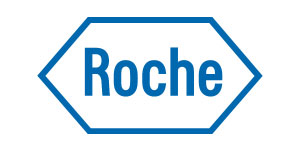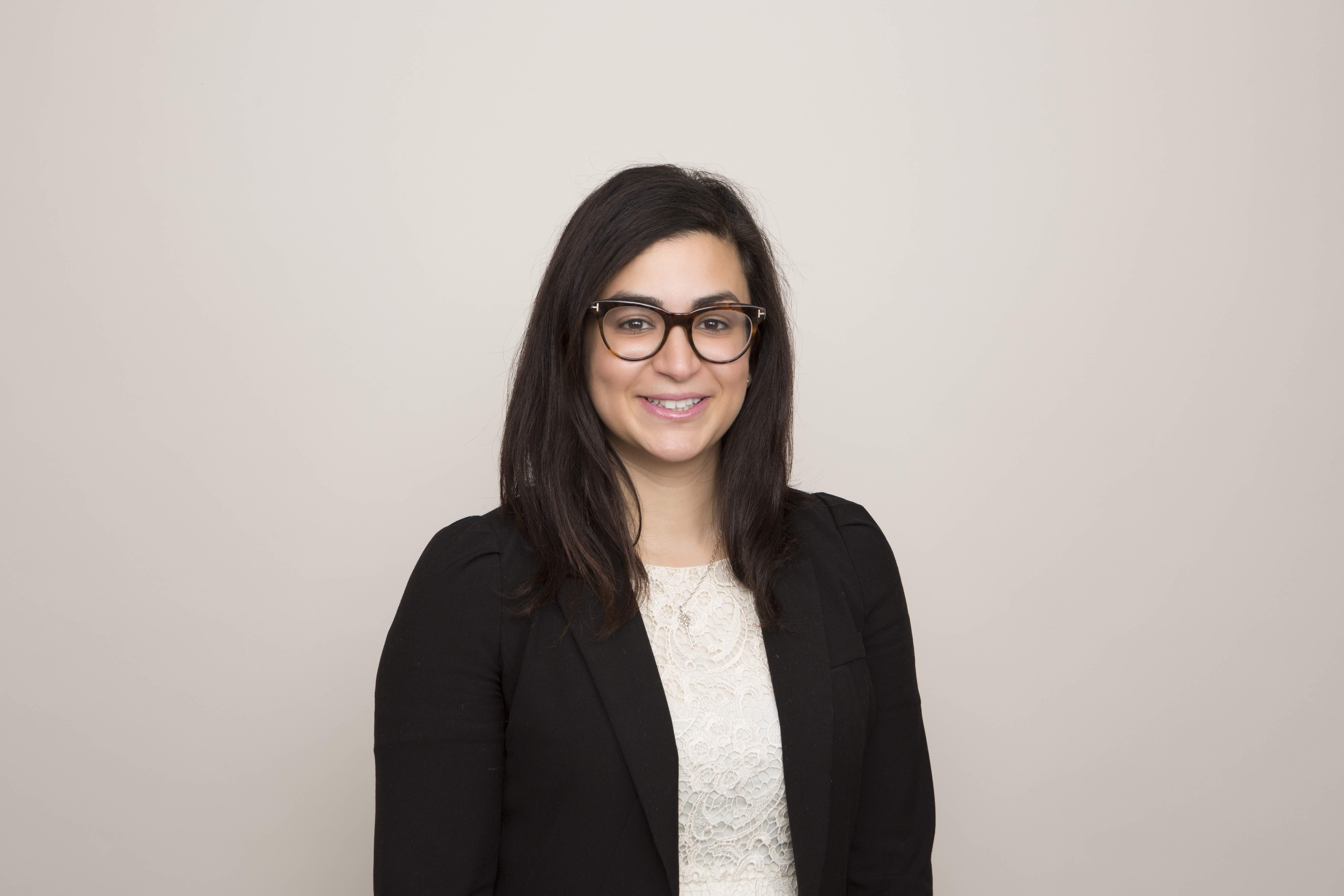2024 CSCC LECTURESHIP ON CRITICAL CARE MEDICINE
Sponsored by:

Time: 11:30-12:30 ET
Neonatal Sepsis: Integrating Hemodynamic Assessment and Biomarker Evaluation for Optimal Care
SPEAKER: Dr. Ashraf Kharrat

Overview:
There remains a great deal of variability in the management of neonates with sepsis and septic shock in neonatal
intensive care units. Sepsis remains one of the most common causes of neonatal morbidity and mortality,
particularly among extremely preterm infants. Evidence to guide the management of infants with sepsis and septic
shock lags behind that available in older populations. Reliance on physiologic and laboratory evaluations using
serum biomarkers and clinical indices of organ function are critical to providing care, though have some important
limitations.
LEARNING OBJECTIVES:
At the conclusion of this session, participants will be able to:
1) Outline the challenges in identifying neonatal sepsis and septic shock.
2) Describe various pathophysiologic circulatory disturbances that may characterize hemodynamic dysfunction in septic shock.
SPEAKER:
Dr. Ashraf Kharrat, MD, MSc, is a Staff Neonatologist at Mount Sinai Hospital, and Assistant Professor in Paediatrics at the University of Toronto in Toronto, Canada. She completed her medical degree at the University of Alberta, pediatric residency at the University of Ottawa, and her neonatal-perinatal fellowship as well as Targeted Neonatal Echocardiography training at the University of Toronto. She graduated with a Master of Science in Healthcare Quality from Queen’s University. Dr. Kharrat has an interest in neonatal sepsis and septic shock, and is conducting both quality improvement and clinical research in neonatal sepsis and sepsis hemodynamics. Her current work focuses on echocardiographic phenotypes in sepsis related organ dysfunction and predictors of adverse outcomes among preterm infants with septic shock.











